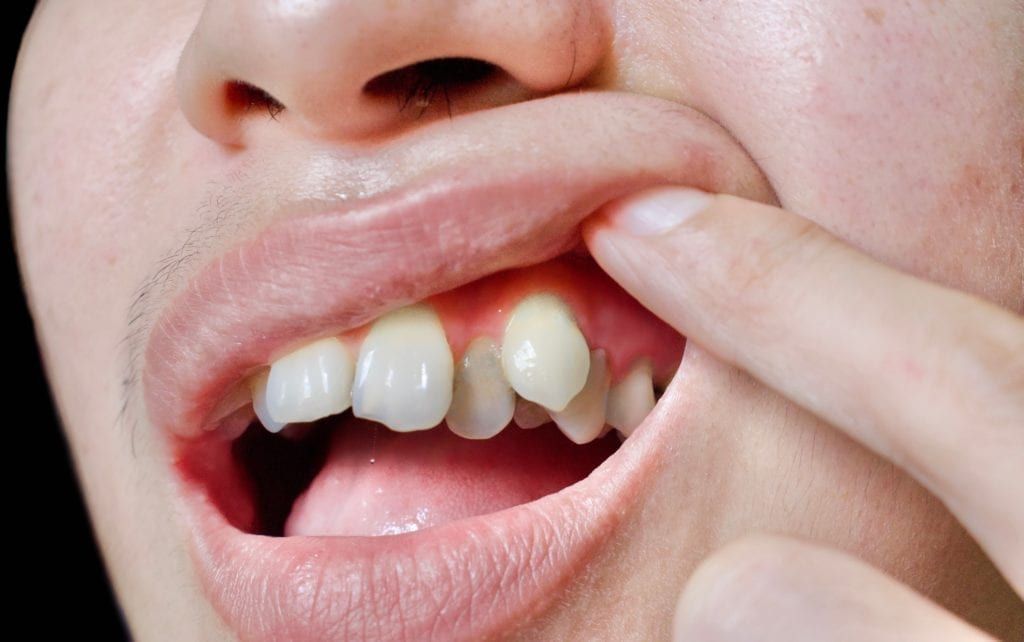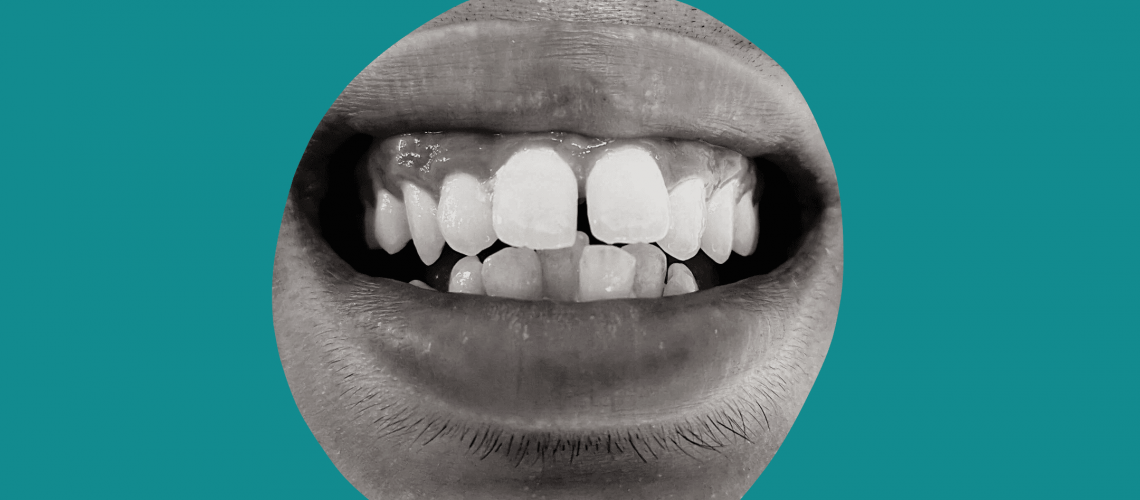Did you know that your child might be at an increased risk of developing an overbite? An overbite occurs when the upper teeth extend far past the lower teeth. This causes the upper teeth to protrude from the mouth. Due to their appearance, teeth that protrude from the mouth are sometimes referred to as “buck teeth”. While some people may seek treatment for cosmetic reasons, treatment for overbites can be necessary in some cases to prevent complications. Possible complications of overbites include pain and problems chewing, breathing problems, speech impediments, and damage to the teeth and gums.
At this point, you are likely wondering what causes protruding teeth and what can be done to prevent them. Since an overbite can have various causes, only a pediatric dentist can help you identify current or potential causes of an overbite. After examining your child, they may offer one of the following explanations:
Genetics
Some cases of overbite can simply be attributed to genetics. Just like various other features passed from parents to their children, jaw shape is hereditary. Therefore, if the parents have an overbite, it is likely that the child will also develop an overbite. If genetics are to blame, then overbites will usually be seen in other close relatives and siblings as well.
Finger Sucking

Sucking on one’s fingers or thumbs is a common behavior in extremely young children. Although this behavior does not normally cause problems at first, it can contribute to the formation of an overbite if continued past the age of 3-4. This is due to the fact that the permanent teeth will start appearing under the gums around this age and the pressure from sucking can alter their orientation, causing them to erupt at an abnormal angle.
Sucking on a Pacifier
Just as finger sucking can change the orientation of permanent teeth and cause them to erupt at an abnormal angle, sucking on a pacifier past the age of 3-4 can have the same result. In fact, the Journal of the American Dental Association notes that pacifier sucking is more harmful than finger sucking and significantly increases the risk of developing an overbite.
Tongue Thrust
The term “tongue thrust” is used to describe the abnormal forward position of the tongue in the mouth. Your child’s tongue may sit too far forward as a result of allergies, poor swallowing habits, tongue-tie, or swollen tonsils/adenoids. When the tongue sits too far forward in the mouth, it increases the risk of developing an overbite, as well as an open bite.

Too Many or Too Few Teeth
Having too many teeth is known as crowding and it can cause an overbite by pushing certain teeth forward or causing other teeth to become impacted, or trapped, below the gum line. Missing teeth can also increase the risk of an overbite since the surrounding teeth will shift in position to fill in the gap left by a missing tooth. Overall, any situation that causes the teeth to shift from their normal positions can increase the risk of developing bite problems like an overbite.

Dr. Marielena Torres is board certified and is constantly continuing her education to stay informed of the latest developments in pediatric dentistry. This allows her to offer patients and their parents the most cutting-edge care and education.

